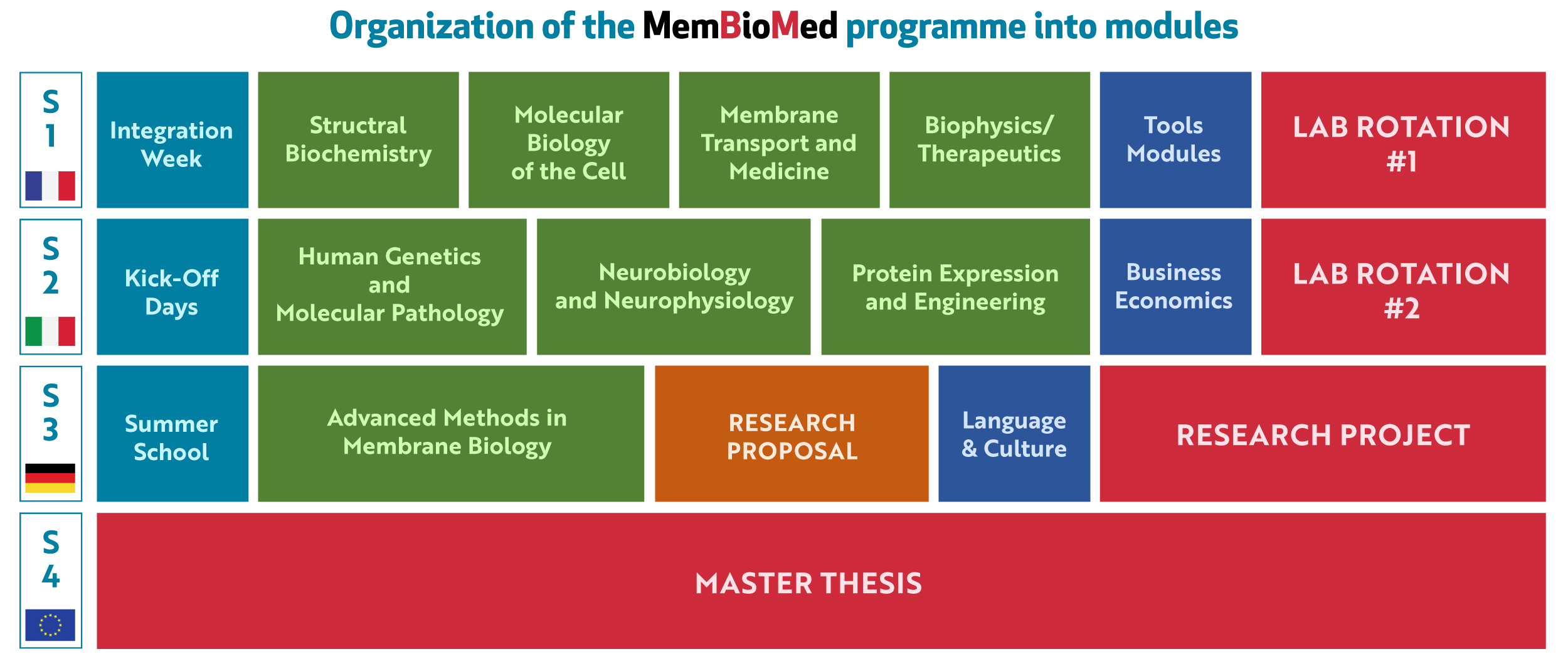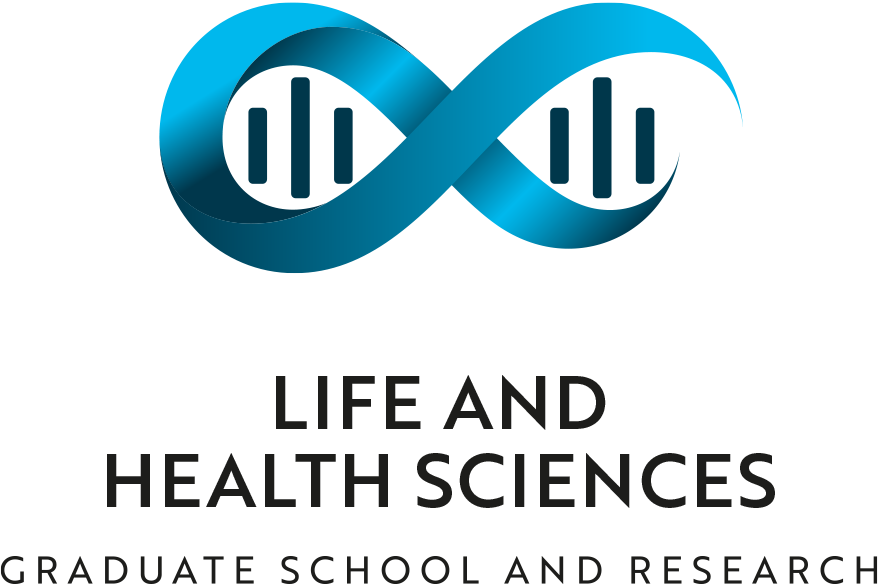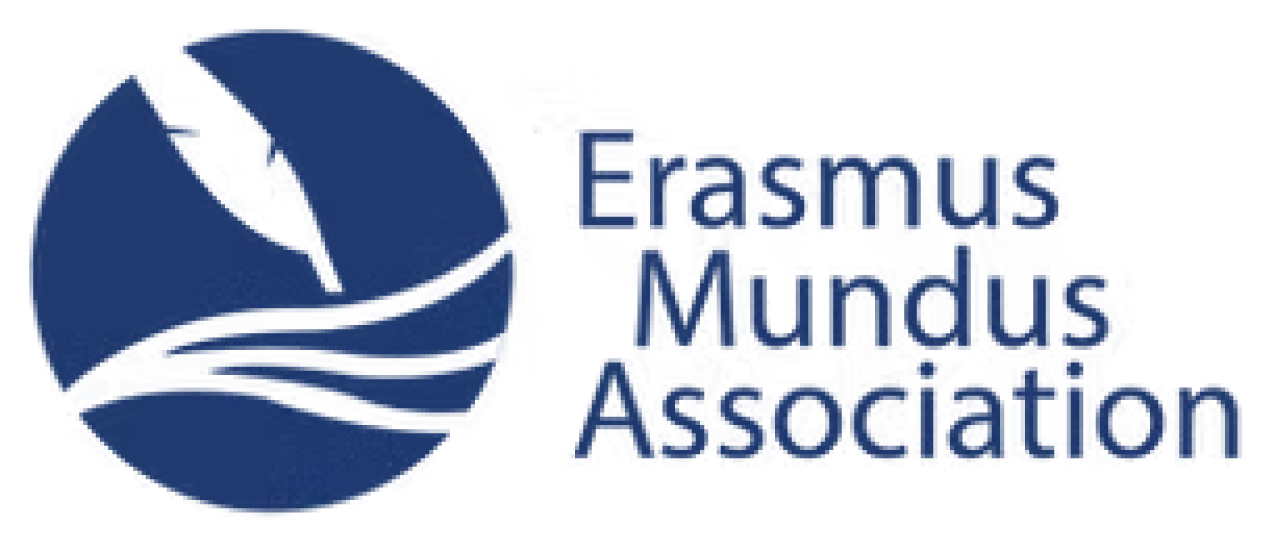Erasmus Mundus Joint Master : MemBioMed

Detailed Programme
 Figure : Organization of the programme into modules
Figure : Organization of the programme into modulesThis diagram shows the organisation of the MemBioMed Master’s programme into modules, with:
2. Practical modules (in orange)
3. Complementary modules (in blue) and international events (in yellow)
We have defined that students should acquire a thorough understanding of the structure, function and physicochemical properties associated with biological membranes and knowledge of some fundamental differences between organisms, between tissues and between intracellular organelles in terms of membrane composition and properties. Students should gain an in-depth understanding of membrane-dependent cellular processes, such as cell signaling and membrane transport, under physiological and pathological conditions. Such a programme should also focus on the integration of messages by cells via cell membranes and the regulation of the cellular responses; this knowledge being fundamental for the development of new therapies.
In addition, students are expected to master advanced analytical techniques, including electrophysiology, spectroscopy and microscopy, for in-depth study of biological membranes. Students are also expected to apply their knowledge to problem-solving scenarios by carrying out independent research projects.
Finally, the integration of soft skills and economic and intercultural competencies will help to train professionals ready to succeed in more competitive and diversified environments.
SEMESTER 1
- Semester 1 : Université Côte d'azur (click to see more details)
-
- Compulsory
-
Module Title ECTS Module description Structural Biochemistry (UE28) c The aim of this module is to teach students in detail the main concepts of structural biochemistry through experimental techniques, biophysical techniques, structural bioinformatics and molecular modelling (homology modelling, drug design, docking, molecular dynamics simulations), as well as the study of example assemblies and their dynamics. Practical work using virtual reality (VR) tool is envisaged on the force field and molecular modelling aspects, with exercises on the structure of macromolecules. Molecular Biology of the Cellular Membrane
6 The main goal of the MBC course is to train biologists in advanced biomolecular research, to address present and future scientific challenges.
In-depth and up-to-date knowledge will be provided for the following subjects: Cell membrane trafficking and protein biogenesis, Membrane lipid composition, Protein-membrane interactions, Lipid dynamics, Role of membrane receptors in the Hedgehog signaling pathway, Membrane transport mechanisms in excitable cells and in non-excitable cells, Ion channels regulation by the membrane lipid environment, Pharmacology targeting ion channels and transporters and Evolutionary and environmental aspects of biological membranes.Pathophysiology of Transport and Medicine 6 UE 30 addresses the emerging role of ion channels and membrane transporters in processes such as carcinogenesis and treatment resistance, muscle and neuronal pathologies, diabetes, and inflammation. The lectures and practical sessions delivered by researchers from UniCA Biology institutes will notably allow exploration of a new research field where transport proteins regulate membrane signaling pathways to direct cell fate according to the tissue microenvironment. The program also considers emerging tools that enable the specific targeting of transport proteins, such as the characterization of pathological channel complexes (AI) or optogenetics. The courses and practical sessions are divided into two parts: Physiopathology of membrane ion transports and cancers and Physiopathology of membrane ion transports associated to K+ channels. Lab rotation 4 Students join research groups or industry, for 6 weeks full-time internship, and participate in ongoing projects. Integration week Sudent will be bring together for a series of activities including solving administrative matters, gaining additional knowledge, developing additional soft skills, performing technical visits and social interaction. - Free choice 1/2
-
Module Title ECTS Module description Biophysics (UE45) 6 The aim of this course is to acquire fundamental knowledge in biophysics to understand cellular mechanics which play a fundamental role in many mechanobiological phenomena, such as bone remodeling, cancer, embryogenesis and immune response. In recent decades, biologists have begun to explore the role of mechanics, and more specifically the forces and stresses exerted by cells on their environment. In this course, we will review the basic principles of continuum mechanics in order to tackle the mathematical modeling of several biological processes such as adhesion, migration, invasion and cell-cell interactions. Various mathematical approaches based on ODEs, PDEs, in particular reaction-diffusion equations or others, will be presented to highlight how these phenomena can be modeled and coupled, while taking multi-scale aspects into account in their modeling. Particular emphasis will be placed on cell migration, both individual and collective, and on the mechanics of the cell nucleus.
Kinetics for modeling molecular mechanisms (UE27) 6 The aim of this course is to train students to extract information from molecular mechanisms and use it to build and solve small mathematical models. These allow to treat data adequately and therefore bring a large amount of biological information. This course is progressive and uses a great deal of examples from the literature, that encompass various enzymes, molecular motors, transporters, channels or other molecular complexes. Genetics of major diseases (UE14) 6 This module aims to understand the molecular and genetic mechanisms behind genetic pathologies and master the methods and tools used to explore genetic diseases. Courses content: Modes of heredity, molecular basis of genetic pathologies, analytical methods using new technologies (karyotype, molecular cytogenetics, NGS and exome sequencing), Transgenic mice and KO mice (method of production and phenotype analysis), scientific and bioinformatics analysis. New therapeutic approaches (UE25) 3
This course is designed to mobilize its knowledge of new pharmacological and non-pharmacological therapeutic approaches currently undergoing clinical or preclinical research including cancer chronotherapy, aging, prions diseases, stem cell and cell therapy, bone tissue engineering and biomaterials, cerebrovascular pathologies and therapeutics, carriers in imaging and radiation oncology, therapeutic vaccines in oncology.Tools Module Life Imaging 3 Choosing the microscopy technique best suited to the biological question is essential in research. Through research projects on different biological models, students will discover the different imaging techniques and equipment used in biology (from confocal microscopy to super-resolution and cytometry) in order to acquire the expertise they need in this field for their careers. Tools Module Advanced Biological Image Processing 3 To train students to manipulate scientific images using open-access software (ImageJ) so that they are self-sufficient when they arrive in the host laboratory for their work placement. Meet the needs of laboratories in terms of image processing. Tools Module Scientific Communication 3 The aim of this course is to introduce students to the different modes of scientific communication. The objectives are to know how to: - adopt a sound approach to bibliographic research on the Internet (Pubmed)
- analyze and understand the structure of a scientific article
- adopt a good writing approach (notion of plagiarism, citation, scientific communication and mediation, science and society......)
- work in groups to prepare a popularization poster based on a scientific article
- use tools to build a powerpoint document
- speaking in front of an audience (voice and body work, non-verbal communication elements), managing stress, etc.
- speaking with a visual aid: using images to make speeches effective, managing speaking time, etc.
SEMESTER 2
- Semester 2 : University of Genova, UNiGE
-
- Compulsory
-
Module title ECTS Module Description Human genetics and molecular pathology (MED/03; 10 The integrated Course is divided in two modules: Human Genetics and Molecular Pathology. The Human Genetics Module provides the student with tools and knowledge useful to interpret the simple Mendelian and the complex inheritance of different genetic diseases. The Molecular Pathology Module deals with the study of specific molecular alterations which lead to disease. The course of Molecular Pathology is organized in frontal lessons. The topics included in the syllabus will be explained by the professor through PowerPoint presentations. Students will be triggered to ask questions and formulate answers in interactive modality. During the course lessons may be organized where students will be encouraged to discuss with the professor scientific papers related to the syllabus. Molecular Pathology, Molecular pathology of carbohydrates: pathogenesis and complications of diabetes mellitus, Molecular pathology of lipids: alterations of lipoprotein metabolism, Molecular pathology of aminoacids: phenylketonuria, Molecular pathology of blood cells and of the immune system, Genetic defects of innate immunity, Autoinflammatory disorders, Genetic defects leading to autoimmune disorders, Genetic defects of erythrocytes, Genetic defects of platelets and coagulation. Neurobiology and Neurophysiology 5 The purpose of the course is to give an overview of molecular mechanisms that regulate functions in the nervous system with special emphasis on cellular and molecular mechanisms that regulate neurotransmission. In particular students receive a detailed information on the generation and propagation of the electrical signal in single neurons up to the complexity of the firing of neurons in network. Mechanisms underlying synaptic plasticity, fundamental for higher function such as learning and memory, will be analyzed in details. Moreover, thanks to the laboratory-activity, the students will learn basic skills in vitro electrophysiology (extra and intracellular recordings, patch-clamp) and functional imaging techniques. Different recording modes and their advantages and disadvantages will be dealt with. By the end of the course the students should be able to understand the possibilities and the limitations of the different in vitro experimental approaches in neuroscience research and to design experiments in which the techniques are applied in a relevant manner to deal with up to date neurophysiology questions.
Protein expression and engineering 5 The aim of the course is to provide students with theoretical knowledge but also practical on the assumptions and techniques underlying the engineering of proteins and antibodies. In addition, part of the course will be dedicated to the deepening of the techniques of chemical synthesis of proteins. Regarding the form of Protein engineering, will initially be resumed and expanded some conceptual base relative to the production of recombinant proteins. Thus, different approaches will be analyzed in order to obtain modified proteins or optimized for different applications, the techniques used and the systems of selection/screening, and using examples from the literature or used for production/commercial. In the section of the course on the engineering of antibodies will be given with the three-dimensional structure of immunoglobulins and will be addressed later, in the chronological order of creation, the different techniques of humanization and production of recombinant phage display antibody. In the form of Chemical Engineering explain the main techniques for the chemical synthesis of peptides and proteins and applications resulting from these techniques. Creation, organization and management of company 5 The creation of a consciousness and an economic knowledge in the students enough to include them in the organizational context of any company. The knowledge of the concepts of budgeting and reporting, governance and business management so as to make the student aware of an operator in any context added. Lab rotation 4 Students join research groups or industry, for 6 weeks full-time internship, and participate in ongoing projects. Kick-off Days Student will be bring together for a day event designed to help students make the transition between life in France and Italy and make studies at Genoa University as smooth as possible.
SEMESTER 3
- Semester 3 : University of Osnabruck, UOS
-
- Compulsory
-
Module title ECTS Module Description Advanced methods in membrane biology 11 Lectures: Fluorescence Microscopy: from fundamentals to advanced imaging techniques; photophysics, properties of emitted photons; single molecule fluorescence; fluorescence microscopy techniques (Epi, confocal, TIRF, light sheet, etc.) and super resolution microscopy (STED, SMLM, MINFLUX).
Electron microscopy: Fundamentals, SEM, TEM; sample preparation techniques; cryo-EM and single particle analysis; Image analysis: deconvolution, denoising, visualization, correlation and AI-based techniques.
Mass spectrometry: principles of mass spectrometry; proteomics and lipidomics techniques; sample preparation and chromatography methods (HPLC, Reversed phase, HILIC, normal phase); data analysis and visualization.
Chemical tools: fundamental approaches in chemical membrane biology (optical caging, crosslinking, click-chemistry); applications and combination with mass spectrometry and fluorescence imaging techniques.
Practical courses: fluorescence imaging of lipid composition and membrane properties; subcellular fractionation & immunoblotting, cell-free translation of membrane proteins into liposomes. Combination of advance fluorescence microscopy, electron-microscopy and mass spectrometry. The applicability of synthetic lipid chemistry in these techniques.Research Proposal 9 This course is designed to build essential skills for effective scientific reading and writing. The goal of the course is to empower students to (1) strategically acquire science information; (2) assess this information critically, (3) extract scientific findings and hypotheses to (4) formulate convincing questions and a research plan. Students will critically read scientific publications, discuss scientific concepts, and report findings through coherent writing. Working in teams guided by mentors/TAs, students collaboratively develop and enhance skills of scientific information literacy, writing, and communication. The research proposal should prepare for the master thesis commencing in the following semester. Guidance will be provided by the supervisors of the master thesis. Research project 8 Within the framework of the research project, students should demonstrate that they are able to work on a defined biological problem, from the development of the research question, selection of suitable methods and experimental design to data evaluation and presentation. Guided by an instructor, the students will independently acquire the theoretical background and experimental techniques of their project. Independent practical, mostly experimental work on a bioscientific problem from the current research areas of one of the biology working groups. German language and culture 2 This class offers participants with no prior knowledge of the German language the opportunity to acquire the foundations of German and to experience German culture and civilization in and around the city of Osnabrück. By the end of the program, students will have mastered basic language skills in German equivalent to level A1.1 of the Common European Framework of Reference for Languages (CEFRL). Summer school Short intensive programme on chosen thematic. students and stakeholders from different European countries will participate in round tables and seminars. The summer school will physically rotate within the Consortium partners.
SEMESTER 4
- Semester 4 : Master thesis
-
The 4th semester will systematically consist in a Master Thesis, performed in one of the research laboratories or associated structure of the partner institution



